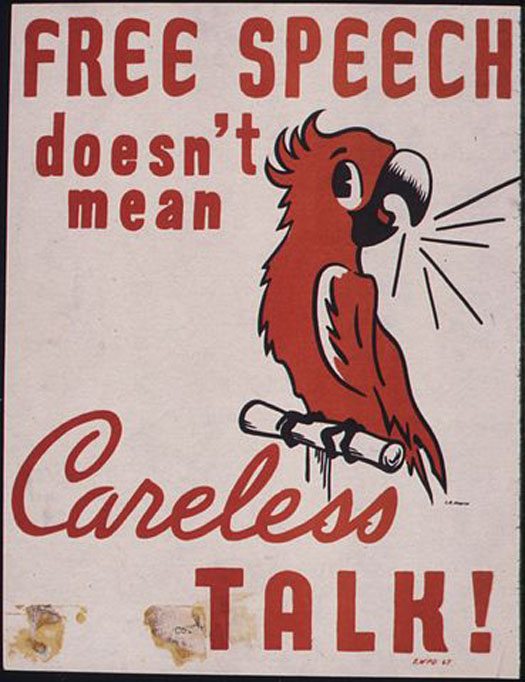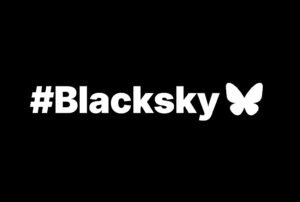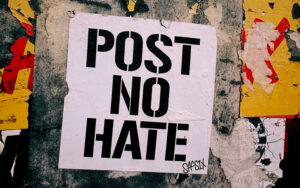
June 19, 2017; Washington Post and Education Week
If you are a free speech advocate, last week was arguably a very good one. Two recent Supreme Court decisions rejected efforts to limit speech and hinder access to communication tools. But in doing so, they may have made our society nastier and more dangerous from some perspectives.
In one case, the Court told the U.S. Patent and Trademark Office it could not deny trademark status to names it deems to be offensive. The specific case concerned an Asian American rock band that had unsuccessfully tried to protect its name, The Slants. In the ruling, Justice Alito wrote on behalf of a unanimous court that the law, even though it was applied evenhandedly, “violates the Free Speech Clause of the First Amendment. It offends a bedrock First Amendment principle: Speech may not be banned on the ground that it expresses ideas that offend.”
The decision recognized that speech can hurt; even so, it cannot be restricted. “Speech that demeans on the basis of race, ethnicity, gender, religion, age, disability, or any other similar ground is hateful. But the proudest boast of our free speech jurisprudence is that we protect the freedom to express ‘the thought that we hate.’”
In celebrating their victory, the Slants’ founder Simon Tam placed the case in an interesting context: “This journey has always been much bigger than our band; it’s been about the rights of all marginalized communities to determine what’s best for ourselves.” As an Asian American band, The Slants saw their name as a celebration of their heritage. Yet the ruling may seem to support the position of the Washington Redskins as they defend against challenges to their team name from Native American groups, an issue NPQ has followed closely. Lisa Simon, a New York-based attorney, told the Washington Post that, “It seems this decision will indeed open the floodgates to applications for all sorts of potentially offensive and hateful marks.”
Sign up for our free newsletters
Subscribe to NPQ's newsletters to have our top stories delivered directly to your inbox.
By signing up, you agree to our privacy policy and terms of use, and to receive messages from NPQ and our partners.
The second case struck down a North Carolina statute that prohibited convicted sex offenders from accessing the Internet and social media. The specific case before the court asked whether a convicted sex offender could be arrested after he posted a message praising God on Facebook. Justice Kennedy’s majority opinion recognized how critical social media has become for expression and communication, and therefore it must receive First Amendment protections.
By prohibiting sex offenders from using those websites, North Carolina with one broad stroke bars access to what for many are the principal sources for knowing current events, checking ads for employment, speaking and listening in the modern public square, and otherwise exploring the vast realms of human thought and knowledge.
Advocates hailed the rulings. Notre Dame law professor Richard Garnett told the Washington Post that “the justices’ firm insistence that governments may not silence messages they dislike is noteworthy and important.”
Many have been calling for limits on free speech, and questions will be raised in a number of arenas. Offensive names like those carried by the Slants and the Redskins have been challenged by those who take harm from them. With no legal barrier to their use, the struggle will move from the legal system to the court of public opinion. On the other side, in the wake of recent terrorist attacks, the openness of social media is up for debate. The Court exhorts lawmakers to exercise caution should they wish to impose limits on what can be posted and who can publish it.—Martin Levine












